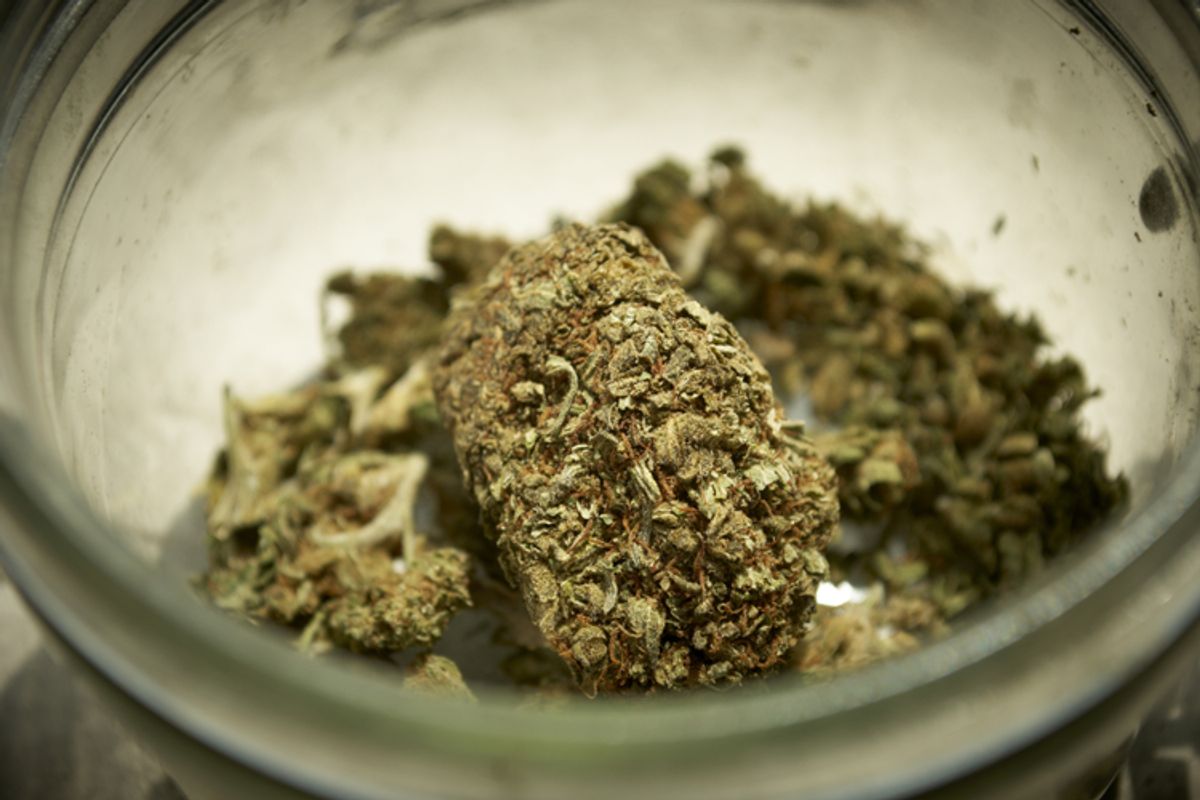A majority of Americans now support marijuana legalization, and with good reason, according to a New York Times piece on what experts have learned in the 17 years since California became the first state to legalize medical marijuana.
"Warnings voiced against partial legalization -- of civic disorder, increased lawlessness and a drastic rise in other drug use -- have proved unfounded," the Times notes. Instead, experts point to a number of positive outcomes associated with legalization.
A possible reduction in alcohol abuse -- and drunk driving -- is just one example, according to the Times:
In a broad study on the ramifications of legalizing recreational marijuana about to be published in The Journal of Policy Analysis and Management, two economics professors said a survey of evidence showed a correlation between increased marijuana use and less alcohol use for people ages 18 to 29.
The researchers, D. Mark Anderson of Montana State University and Daniel I. Rees of the University of Colorado, said that based on their study, they expected younger people in Colorado and Washington to use marijuana more and alcohol less.
“These states will experience a reduction in the social harms resulting from alcohol use: Reducing traffic injuries and fatalities is potentially one of the most important,” the professors said.
Legalization has also proved to be a wise economic move, particularly in areas where the industry is well-regulated:
The marijuana cultivation business in Northern California has been an economic boon for many communities, creating tax revenues, an industry of ancillary industries, and local wealth, visible by expensive cars parked along once dusty streets.
“A lot of cottage industries have popped up that service the marijuana industry,” said Scot Candell, a lawyer in San Rafael who specializes in medical marijuana clients. “Labs that do testing, hydroponic stores that provide growing equipment, software developers, insurance companies that specialize in dispensaries.”
Steve DeAngelo, the founder of the Harborside Health Center in Oakland, one of the state’s largest marijuana dispensaries, said his dispensary collected $1.2 million last year in marijuana sales tax for the city.
Medical marijuana, he said, has “created a whole new cast of people who have a vested interest in cannabis.”
“What was inevitable is that the movement, at some point, would go into hyper-speed, and that is what’s happening now,” he said.
You can read the rest here.

Shares